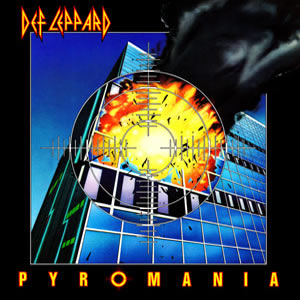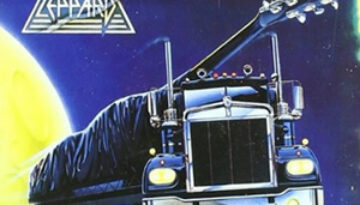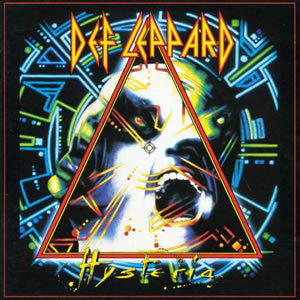Pyromania by Def Leppard
Buy Pyromania Def Leppard struck gold (well, actually diamond) with their third LP Pyromania. The album was a phenomenal success, eventually selling over ten million copies in the U.S. and being certified “diamond” […]

Buy Pyromania Def Leppard struck gold (well, actually diamond) with their third LP Pyromania. The album was a phenomenal success, eventually selling over ten million copies in the U.S. and being certified “diamond” […]

Buy On Through the Night It is clear that Def Leppard had yet to refine their signature sound when they recorded their debut LP, On Through the Night. The album, which contains songs […]

Buy Hysteria After the great success of their 1983 album Pyromania which sold 6 million copies, Def Leppard set out to achieve even loftier goals. They wanted to write an album made of “greatest hits” […]